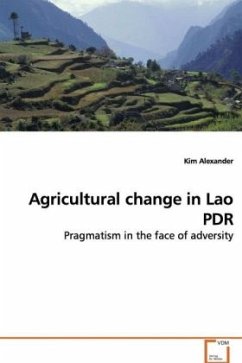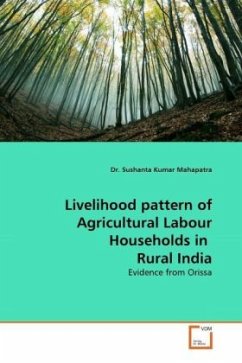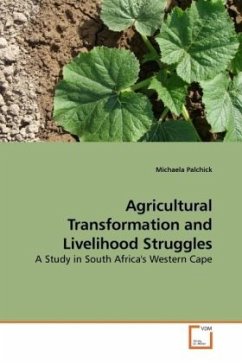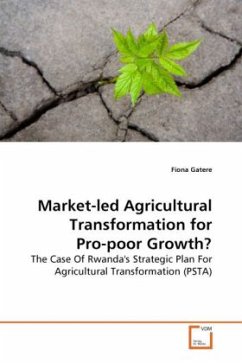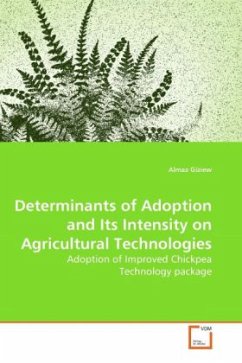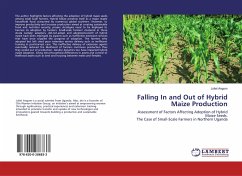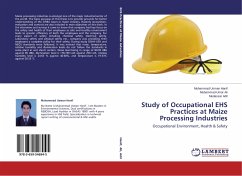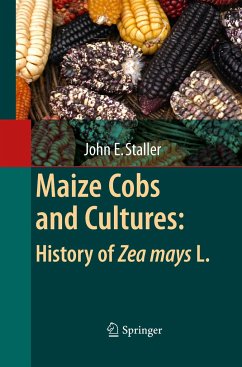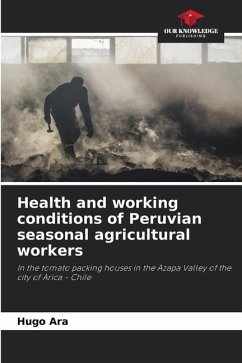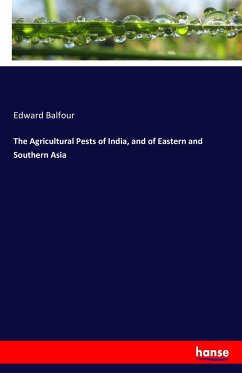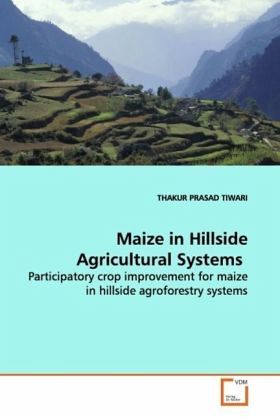
Maize in Hillside Agricultural Systems
Participatory crop improvement for maize in hillside agroforestry systems
Versandkostenfrei!
Versandfertig in 6-10 Tagen
39,99 €
inkl. MwSt.

PAYBACK Punkte
20 °P sammeln!
The productivity of agricultural crops in the hillside systems has either been static or declining over the last two decades. Understanding of the existing variabilities of maize cultivation, local knowledge, social, climatic and agronomic context & micrometeorological parameters experienced by maize are pre-requisite in designing on-farm adaptive research & development. The work presented in this book has clearly demonstrated that understanding of crop production environments, & involving them in the research and development efforts can improve the efficiency of research by enhancing technolo...
The productivity of agricultural crops in the
hillside systems has either been static or declining
over the last two decades. Understanding of the
existing variabilities of maize cultivation, local
knowledge, social, climatic and agronomic
context & micrometeorological parameters
experienced by maize are pre-requisite in
designing on-farm adaptive research & development.
The work presented in this book has clearly
demonstrated that understanding of crop production
environments, & involving them in the research and
development efforts can improve the efficiency of
research by enhancing technology uptake thereby
reversing declining yield. This will address food
deficit problem in the complex & heterogeneous
hillside systems. Business as usual will not work,
institutional commitment, effort and change in
mindset up of professionals including policy makers
are also equally important, if participatory
research and development is to be sustainably
effective.
hillside systems has either been static or declining
over the last two decades. Understanding of the
existing variabilities of maize cultivation, local
knowledge, social, climatic and agronomic
context & micrometeorological parameters
experienced by maize are pre-requisite in
designing on-farm adaptive research & development.
The work presented in this book has clearly
demonstrated that understanding of crop production
environments, & involving them in the research and
development efforts can improve the efficiency of
research by enhancing technology uptake thereby
reversing declining yield. This will address food
deficit problem in the complex & heterogeneous
hillside systems. Business as usual will not work,
institutional commitment, effort and change in
mindset up of professionals including policy makers
are also equally important, if participatory
research and development is to be sustainably
effective.



